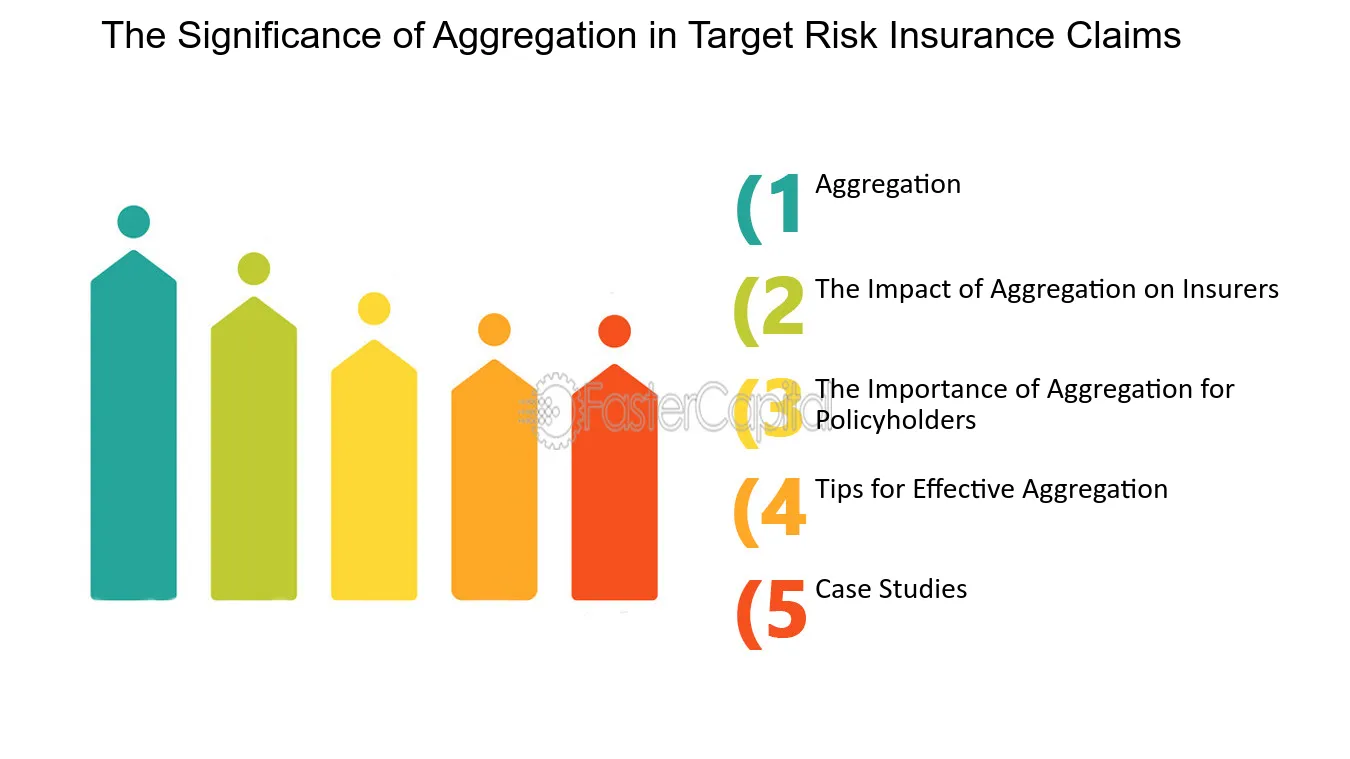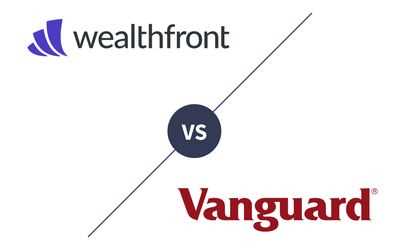The Meaning of Aggregation in the Financial Technology Industry

Aggregation in the financial technology industry refers to the process of collecting and consolidating financial data from various sources into a single platform or application. This data can include information about a user’s bank accounts, credit cards, investments, and other financial transactions.
The purpose of aggregation is to provide users with a comprehensive view of their financial information in one place, making it easier for them to manage their finances and make informed decisions. Instead of logging into multiple accounts or applications, users can access all their financial data through a single interface.
Aggregation is made possible through the use of application programming interfaces (APIs) that allow different financial institutions and service providers to securely share data with each other. These APIs enable the transfer of data between systems, ensuring that the information is accurate, up-to-date, and protected.
Aggregation has become increasingly important in the financial technology industry due to the rise of digital banking and the proliferation of financial apps and services. With more people using multiple financial accounts and platforms, aggregation offers a convenient solution for managing and organizing their financial data.
Furthermore, aggregation can provide users with valuable insights and analysis of their financial behavior. By analyzing the aggregated data, financial technology companies can offer personalized recommendations, budgeting tools, and other financial services to help users improve their financial well-being.
However, aggregation also raises concerns about data privacy and security. As financial data is shared between different systems, there is a risk of unauthorized access or data breaches. To address these concerns, financial technology companies implement robust security measures, such as encryption and authentication protocols, to protect users’ data.
The Importance of Aggregation in the FINTECH Sector
Aggregation plays a crucial role in the FINTECH sector, revolutionizing the way financial services are delivered and consumed. It refers to the process of gathering and consolidating financial data from various sources into a single platform or application.
Enhanced User Experience

One of the key reasons why aggregation is important in the FINTECH sector is that it significantly enhances the user experience. By consolidating financial information from multiple accounts and institutions, users can conveniently access and manage their finances in one place. This eliminates the need to log in to multiple platforms, making it easier and more efficient for individuals to track their financial health.
Moreover, aggregation platforms often provide users with personalized insights and recommendations based on their financial data. This empowers individuals to make informed decisions about their money, such as budgeting, investing, or saving. The convenience and personalized nature of aggregation platforms contribute to a better user experience, ultimately improving financial literacy and well-being.
Streamlined Financial Services
Aggregation also plays a crucial role in streamlining financial services. By consolidating data from various sources, such as bank accounts, credit cards, investments, and loans, aggregation platforms enable financial institutions to offer comprehensive services to their customers. This allows for a more holistic view of an individual’s financial situation, enabling better risk assessment and tailored financial solutions.
Furthermore, aggregation platforms can facilitate seamless integration with third-party applications and services. This opens up opportunities for partnerships and collaborations between FINTECH companies, traditional financial institutions, and other technology providers. By leveraging aggregation, these collaborations can offer innovative and integrated financial services, such as personalized financial planning, automated investment management, or real-time payment solutions.
Data-driven Insights and Innovation
Another important aspect of aggregation in the FINTECH sector is the generation of valuable data-driven insights. By aggregating financial data from various sources, companies can analyze patterns, trends, and customer behavior. This data can then be used to develop innovative products and services that cater to the specific needs and preferences of customers.
Aggregation platforms can also enable the use of advanced technologies, such as artificial intelligence and machine learning, to further enhance the analysis and interpretation of financial data. These technologies can identify patterns, detect anomalies, and provide predictive analytics, leading to more accurate risk assessments, fraud detection, and personalized financial recommendations.
The Effects of Aggregation on Financial Technology Companies
Enhanced Customer Experience
Moreover, aggregation enables companies to offer personalized recommendations and tailored financial products based on the customer’s financial data. For example, a FINTECH company can analyze a customer’s spending patterns and offer customized budgeting tools or suggest suitable investment options based on their risk appetite and financial goals. This level of personalization enhances the overall customer experience and fosters long-term customer loyalty.
Streamlined Operations
Another significant effect of aggregation on FINTECH companies is the streamlining of operations. By consolidating data from multiple sources, companies can eliminate the need for manual data entry and reconciliation, reducing the chances of errors and improving operational efficiency. This automation of data aggregation allows companies to focus on value-added activities, such as data analysis, product development, and customer engagement.
Furthermore, aggregation facilitates seamless integration with third-party applications and services. This integration enables FINTECH companies to leverage external data sources, such as credit bureaus or payment processors, to enhance their offerings. For example, a lending platform can integrate with a credit bureau to access a customer’s credit score and make more accurate lending decisions. This integration not only improves the efficiency of operations but also enhances the quality and reliability of the services provided.
Data Security and Privacy
While aggregation offers numerous benefits to FINTECH companies, it also raises concerns regarding data security and privacy. As companies collect and store sensitive financial information from multiple sources, they must ensure robust security measures are in place to protect this data from unauthorized access or breaches. Implementing encryption, secure data storage, and stringent access controls are essential to safeguard customer data and maintain trust.
Conclusion

How Aggregation is Changing the Landscape of the FINTECH Industry
The rise of aggregation in the FINTECH industry has brought about significant changes in the way financial technology companies operate and the services they provide. Aggregation refers to the process of gathering and consolidating data from multiple sources into a single platform or interface. This allows users to access and manage their financial information from various accounts and institutions in one place.
One of the key ways aggregation is changing the FINTECH landscape is by providing users with a more streamlined and convenient experience. Instead of having to log in to multiple accounts and navigate through different interfaces, users can now access all their financial information in one central location. This not only saves time and effort but also reduces the risk of errors and discrepancies that can occur when managing multiple accounts separately.
Aggregation also enables financial technology companies to offer more personalized and tailored services to their users. By analyzing the data collected from various accounts, companies can gain insights into users’ financial behaviors and preferences. This allows them to provide targeted recommendations, such as personalized investment strategies or suggestions for saving money. Aggregation thus enhances the overall user experience and helps companies build stronger relationships with their customers.
Furthermore, aggregation has opened up new opportunities for innovation and collaboration in the FINTECH industry. By consolidating data from different sources, companies can develop new products and services that leverage the power of aggregated data. For example, they can create financial planning tools that provide a comprehensive view of a user’s financial situation and offer actionable insights. Aggregation also enables partnerships between financial technology companies and traditional financial institutions, as it allows for seamless integration of data and services.
However, aggregation also presents challenges and risks that need to be addressed. One of the main concerns is data security and privacy. As aggregation involves collecting and storing sensitive financial information, companies must ensure that robust security measures are in place to protect user data from unauthorized access or breaches. Additionally, companies must comply with relevant regulations and standards to safeguard user privacy and maintain trust.
The Future of Aggregation in FINTECH
Aggregation has become an integral part of the financial technology industry, revolutionizing the way financial services are delivered and consumed. As technology continues to advance at a rapid pace, the future of aggregation in FINTECH looks promising, with several key trends and developments on the horizon.
1. Enhanced Data Analytics
One of the most significant advancements in aggregation is the utilization of enhanced data analytics. As more and more financial data becomes available, companies are leveraging advanced analytics tools and algorithms to gain valuable insights and make data-driven decisions. This trend is expected to continue in the future, with even more sophisticated analytics capabilities being developed.
By analyzing aggregated data from various sources, financial technology companies can better understand customer behavior, identify trends, and develop personalized offerings. This not only improves the customer experience but also allows companies to optimize their operations and drive business growth.
2. Open Banking and API Integration
Open banking, which allows third-party providers to access financial data through APIs (Application Programming Interfaces), is another trend that will shape the future of aggregation in FINTECH. With open banking, customers can securely share their financial information with authorized third-party applications, enabling seamless aggregation of their accounts and transactions.
This increased data accessibility and integration will lead to the development of innovative financial products and services. For example, customers will be able to view all their accounts in one place, make payments directly from their aggregated accounts, and receive personalized financial advice based on their aggregated financial data.
3. Expansion into New Industries
While aggregation has primarily been associated with the financial industry, its potential extends beyond traditional banking and investment services. In the future, aggregation is expected to expand into new industries such as insurance, real estate, and healthcare.
For instance, in the insurance industry, aggregation can enable customers to compare and purchase policies from multiple providers, simplifying the process and ensuring they get the best coverage at the most competitive rates. Similarly, in the real estate industry, aggregation can streamline property search and financing options, making it easier for individuals to find and purchase their dream homes.
4. Enhanced Security and Privacy Measures
As aggregation involves the collection and storage of sensitive financial data, ensuring robust security and privacy measures will be crucial in the future. Financial technology companies will need to invest in advanced cybersecurity technologies and protocols to protect customer data from unauthorized access and breaches.
Conclusion
The future of aggregation in FINTECH is bright, with advancements in data analytics, open banking, expansion into new industries, and enhanced security measures. As technology continues to evolve, aggregation will play a pivotal role in transforming the financial services landscape, providing customers with more convenient and personalized experiences.
| Aggregation Trends | Key Benefits |
|---|---|
| Enhanced data analytics | – Improved customer experience – Optimized operations – Data-driven decision making |
| Open banking and API integration | – Seamless aggregation of accounts – Innovative financial products and services – Personalized financial advice |
| Expansion into new industries | – Simplified processes – Better options and choices – Streamlined experiences |
| Enhanced security and privacy measures | – Protection of sensitive financial data – Compliance with data protection regulations – Customer trust and confidence |

Emily Bibb simplifies finance through bestselling books and articles, bridging complex concepts for everyday understanding. Engaging audiences via social media, she shares insights for financial success. Active in seminars and philanthropy, Bibb aims to create a more financially informed society, driven by her passion for empowering others.
